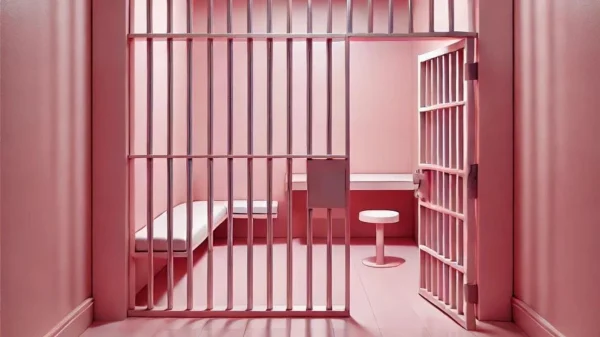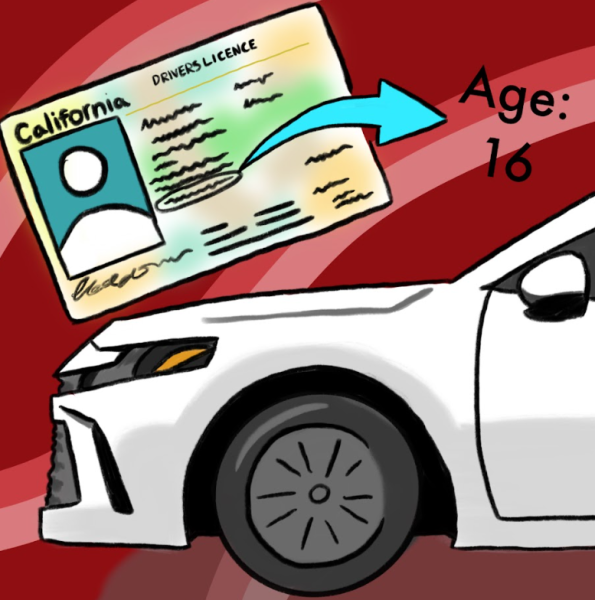Cloning is Unethical
Science fiction enthusiasts have long been fascinated by the idea of human cloning, and as scientists continue to advance in the field of biology, this idea has become a reality. Since the birth of the cloned sheep, Dolly, in Scotland on July 5, 1996, numerous other mammals have been cloned around the world, including cows, cats, and deer. However, the process of cloning humans has been debated for years due to its potentially unethical nature. While some spectators claim that cloning humans would be useful to couples who are infertile, the benefits are outweighed by the consequences. The cloning of humans is entirely unethical due its social ramifications.
There are three types of artificial cloning: gene, therapeutic, and reproductive cloning. According to the National Human Genome Research Institute, gene cloning produces copies of genes or segments of DNA. Therapeutic cloning produces embryonic stem cells for experiments aimed at creating tissues to replace injured or diseased tissues. Reproductive cloning produces copies of whole animals. Gene and therapeutic cloning are relatively safe and have been used for medical purposes with little to no social repercussions. Reproductive cloning, however, is the process that has become controversial due to its unethicality.
In a world of political turmoil and social movements, the vast majority of Americans already struggle to discover their own identity and recognize themselves as individuals. This already existent uncertainty and insecurity would become a deeper issue for children who may be produced by reproductive cloning. These beings would be burdened by their status as mere copies of a truer, socially superior human. This could lead to psychological issues including depression, anxiety, or suicidal thoughts.
It is equally likely that the exact opposite would occur. Cloned humans could become regarded as superior beings, since the process would likely be expensive, and clones would be born into wealthy families. This would lower the status of the middle and lower classes due to their inability to afford the process of cloning themselves or their children.
The normalization of reproductive cloning would also decrease the value of human life. With the technology to create humans at will, deaths would become unimportant. This could open the door for more positive attitudes regarding war, mass shootings, and terrorist attacks since humans would be regarded as replaceable.
If scientists clone humans, the social classes of American society will be affected negatively, and human life will become worthless.

I’m Ola Elmahdi, a young, less than energetic editor of the Ubiquity. My favorite article from the Ubiquity is probably “Modesty: Not Always a Virtue”...








